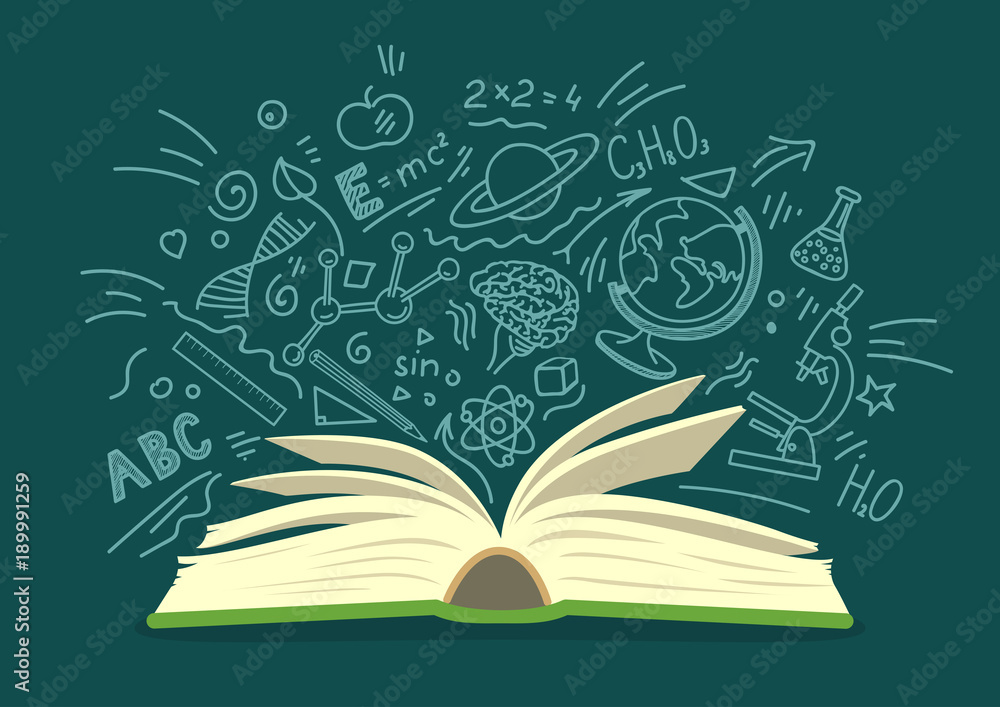are essential for students’ overall functioning and
well-being
Practical skills are often associated with manual dexterity and craftwork. Yet, practical
skills have a far wider range of applications. For instance, many daily functions, such as
getting dressed, keeping clean, preparing food, engaging in written work or using
technologies of any kind, require practical skills. For example, the use of smartphones and
communicating by text presumes mastery of a set of practical skills that allow the user to
create messages and send them using a small keypad (OECD, 2016[3]).
Student health and well-being is a global priority. Physical education can help students
develop healthy habits and acquire knowledge about health. Research increasingly shows
that the habits established in youth carry over into adulthood, so establishing healthy habits
early helps young people make healthy choices as adults.
Over the past few decades, research has revealed the benefits of exercise on children’s
physical and mental health, cognition and academic achievement. Longitudinal research
shows that the development of fundamental motor skills at preschool age predicts cognitive
efficiency and academic achievement (Roebers et al., 2014[42]) when children transition to
school (van der Fels et al., 2015[43]). Recent research links motor co-ordination and skills
competence to cognitive efficiency and academic achievement in children (Haapala,
2012[44]; Haapala et al., 2014[45];
Rigoli et al., 2012[46]) and adolescents (Marchetti et al.,
2015[47]; Rigoli et al., 2012[48]). These associations are consistent with neurodevelopmental
research that reveals linkages among brain structures involved in controlled motor actions
and executive functions (Diamond, 2012[49]). Another review provides additional support
for the inter-relationship between physical activity and motor-skill proficiency, on the one
hand, and children’s cognitive function and academic achievement on the other (Vazou
et al., 2016[50]).





0 Comments